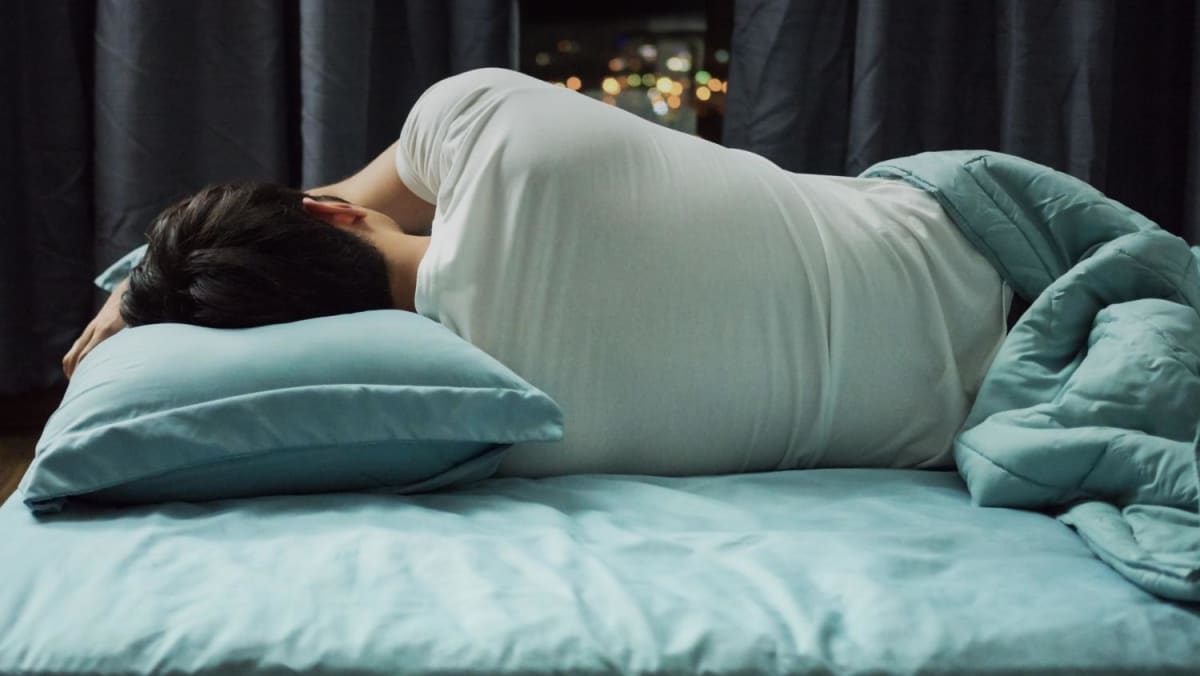Booking a quick getaway can grant some instant peace of mind, but it’s neither effective nor sustainable in the long term.
How our lives are set up here in Singapore has a role to play.
First, it is near impossible for one to go ‘underground’ or out of reach on our little island. In a physically and virtually hyperconnected city such as ours, finding a good excuse to avoid or turn down both professional and social obligations is difficult.
Most of us are always on standby, replying to every text and answering every call until there is no time left for ourselves.
Second, we don’t have an ingrained culture of protecting our downtime here in Singapore. Throughout my years spent working in Australia, my colleagues were often dismayed when I had nothing notable to share on Monday mornings in terms of what I’d got up to that weekend. Mindlessly watching TV at home was not acceptable; working through the weekend was not something you would brag about, either.
In Singapore, it is common to expect desk-bound employees to start “clearing” emails on Sunday nights so they can hit the ground running on Monday mornings. Furthermore, many small businesses and organisations still have a five-and-a-half-day work week.
During his election campaign, President Tharman Shanmugaratnam acknowledged that we need to have shorter work weeks and that Singaporeans need more free time.
Finally, many of us have also developed poor habits around our Internet-enabled devices which hinder sleep. These include an unhealthy addiction to social media, which leads some to replace snoozing with ‘doomscrolling’.
A lack of boundaries, long hours at work, and excessive use of social media platforms have all contributed to a highly stressed-out society with poor mental health.
This has led to bad sleep habits which in turn worsens one’s mental health, creating a downward spiral.
While some of these issues may seem too entrenched in our culture and may even require larger-scale policy intervention, there are a few simpler choices we can make every day to improve our sleep.
3 SIMPLE WAYS TO GET BETTER SLEEP
Dr Matt Walker, sleep scientist and author of the book Why We Sleep, says sleep is “probably the single most effective thing you can do to reset your brain and body health”.
He offers up three suggestions to improve your sleep:
1) Restrict your caffeine and alcohol intake to eight to 10 hours before bedtime
For the average adult, caffeine, has a half-life of about five to six hours — which means that 12 hours after you have had a cup of coffee, a quarter cup’s worth of caffeine is still affecting the quality of your sleep. Caffeine reduces the depth of our deep sleep by up to 30 per cent. According to Dr Walker, this is the equivalent of ageing 10-12 years!
Alcohol makes our sleep far less continuous, even if we don’t remember waking up repeatedly in the middle of the night. Such fragmented sleep usually leaves us feeling tired in the morning, even after a full eight hours in bed.
Alcohol is also quite potent at blocking Rapid Eye Movement sleep which is critical for a variety of cognitive functions, learning and memory, as well as emotional and mental health.
2) Keep to a regular sleep schedule where possible
If your job allows for it, go to bed and wake up at the same time every day.
Should this routine get disrupted for any reason, the advice Dr Walker has for you is “do nothing”. Don’t wake up later, don’t consume extra caffeine to get through the day, don’t take naps, and don’t go to bed any earlier. Allow your body to get back into its sleep schedule naturally.
3) Have a wind-down routine
Sleeping is not an on/off button but “much more like landing a plane”, argues Dr Walker. It takes time to descend into good sleep. Experiment with a wind-down routine and see what works for you — it could be a hot shower, light stretching, meditating, reading, or some other relaxing activity. Once you have figured it out, stick to it.
Contrary to popular belief, don’t count sheep. In 2002, a team of scientists led by Oxford University’s Professor Alison Harvey found that not only is it ineffective, it can even make matters worse.
Instead, think about a nice walk you take regularly or visualise a relaxing scene such as a waterfall.
If you find yourself too switched on every night, start a worry journal and write down all your thoughts, concerns, and even your to-do list an hour or two before going to bed every night.
This is, Dr Walker says, a bit like “closing down all of the emotional tabs on (your mental) browser” before closing your computer.
Before you book another expensive flight in search of shut-eye, think twice about what your current lifestyle and habits are telling you about how you’ve been taking care of yourself.
It’s time to push back against the “I’ll sleep when I’m dead” mindset. Instead, sleep more, and sleep better so you can live a healthier, and happier life.
ABOUT THE AUTHOR
Chirag Agarwal is the co-founder of Talk Your Heart Out, a Singapore-based therapy platform.


